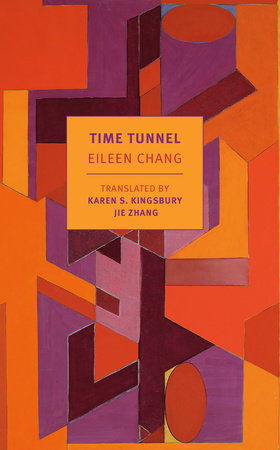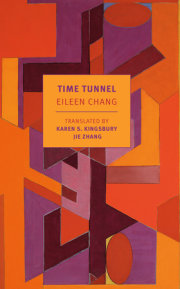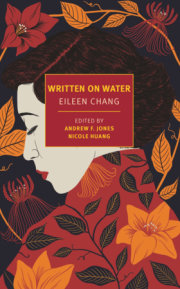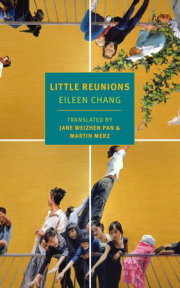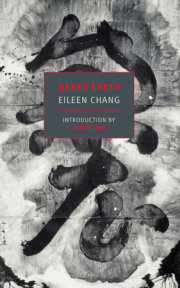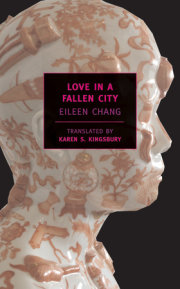Eileen Chang (1920–1995) was born in Shanghai to an aristocratic family and educated in both Chinese and English from an early age. Her flamboyant mother spent extended periods in Europe, leaving Eileen and her younger brother in the care of their opium-addicted father throughout much of their childhood. Chang attended the American Episcopal school for girls in Shanghai and was enrolled at the University of Hong Kong, studying English and history, when the bloody Battle of Hong Kong broke out in December 1941. By the next spring she was living in war-ravaged Shanghai and concentrating on writing. Two volumes, published when Chang was not yet twenty-five, established her as a literary sensation: Romances, a collection of short fiction, and Written on Water, a book of essays. In 1952, Chang returned to Hong Kong, where for three years she worked for the United States Information Agency, translating the likes of Ernest Hemingway, Washington Irving, and Ralph Waldo Emerson into Chinese. During this period she also wrote two novels, The Rice Sprout Song and Naked Earth (in both Chinese and English versions). From 1955 on, Chang lived in the United States, dying quietly in her apartment in West Los Angeles in 1995. Although the books she published in her adopted country initially failed to find a broad audience, her work has remained the object of fervent admiration among Chinese-speaking communities, inspiring numerous theatrical, operatic, and cinematic adaptations. In recent years the publication of formerly unpublished manuscripts, among them novels, essays, letters, and notes, has encouraged a scholarly reevaluation of Chang as a bilingual writer. In addition to Time Tunnel, NYRB Classics publishes four books by her: Love in a Fallen City, Naked Earth, Little Reunions, and Written on Water.
Karen S. Kingsbury has previously translated several other works by Eileen Chang, including Half a Lifelong Romance and Love in a Fallen City. She is professor of humanities and Asian studies at Chatham University in Pittsburgh, Pennsylvania.
Jie Zhang is an associate professor at Trinity University in San Antonio, Texas, where she teaches modern Chinese literature and film.

